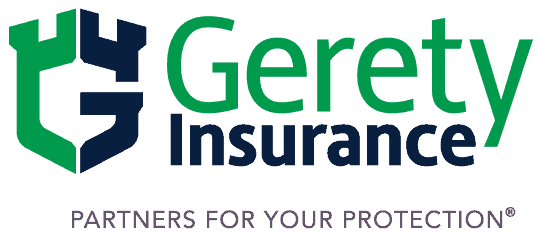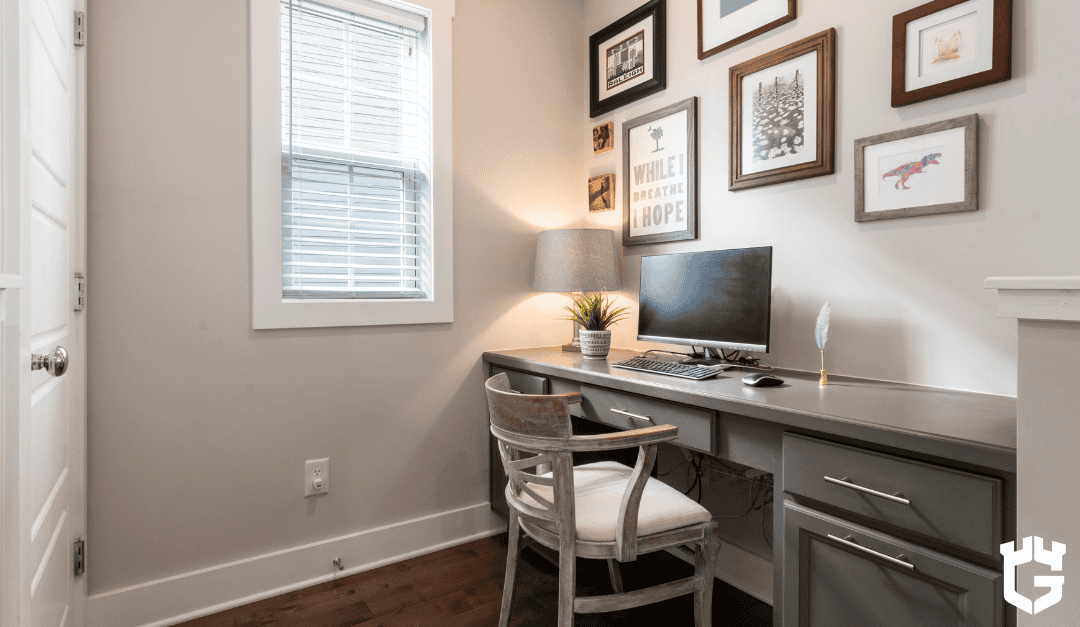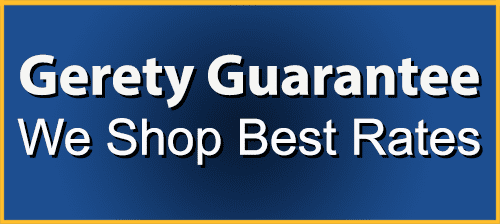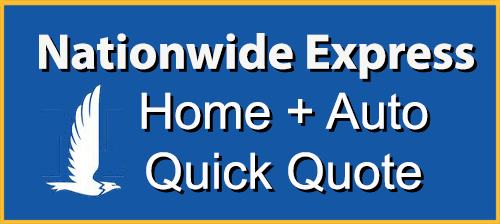Home businesses have gained unprecedented popularity since 2020, when the COVID-19 pandemic caused many to begin working remotely.
Flexible schedules, reduced overhead costs, and the comfort of working from home have led many entrepreneurs to start businesses out of their homes.
But along with convenience comes many unique risks.
Home-based business owners must understand how insurance is a fundamental aspect of their operations.
This comprehensive guide digs into home business insurance—an indispensable tool for safeguarding against unexpected challenges.
What Is Home Business Insurance?

Home-based business insurance is a vital protection for entrepreneurs operating from their residences.
It encompasses a range of policies that safeguard against specific risks associated with running a business from home.
Types of Home Business Insurance
1. General Liability Insurance
This fundamental coverage protects against common business risks like customer injuries or property damage.
For instance, if a client comes to your home for a meeting or for a service you provide, a general liability policy will protect you if they injure themselves on your property.
It’s essential for businesses that interact with clients face-to-face or handle client property.
2. Professional Liability Insurance
Also known as Errors and Omissions (E&O), this insurance covers legal costs and damages if your business is sued for negligence, errors, or failure to deliver services as promised.
3. Business Owner’s Policy (BOP)
A BOP combines general liability and commercial property insurance into a comprehensive package policy.
It’s ideal for home-based businesses needing protection for structures, equipment, and inventory and against liability risks.
Depending on your business type, home business insurance caters to different aspects of business risk so entrepreneurs can operate with peace of mind.
It’s crucial to assess your business needs to determine the right mix of coverage.
Do I Need Home Business Insurance?
Determining the need for home business insurance involves evaluating the unique risks associated with your business type and activities.

Consider the following:
Nature of Business
What is your home business?
Businesses involving physical goods, client interactions, or professional advice carry higher risks.
Assets at Risk
Examine the value of business equipment, inventory, and data stored at home.
High-value assets need more coverage.
If you operate your business out of a separate building on your property, you must insure it separately on a commercial property policy or a business owner’s policy (BOP).
Preparing for the Unexpected
To mitigate risks, consider these strategies:
1. Risk Analysis
Regularly assess potential threats to your business, from physical damage and data breaches to premise liability exposures such as slip and fall accidents.
2. Safety Measures
Implement safety protocols, like secure storage for inventory or cybersecurity measures for data protection.
3. Customize Coverage
Ensure your policy caters to your specific business type and aligns with your unique risks.
It’s important to consult an insurance advisor who understands your business and can tailor coverage to your particular risks.
At Gerety Insurance, we specialize in recognizing the unique needs and potential risks of various home business types.
Request a quote today and safeguard your business’s future.
Factors Influencing Home Business Coverage
Necessary coverage for home business insurance varies widely and is influenced by several key factors:
1. Business Type
Different businesses carry different risks.
For instance, a home daycare operation will need different coverages and policies than a CPA operating an accounting business from their home office.
2. Coverage Amount
Businesses with extensive equipment or high client interaction need more coverage.
Additionally, rating policy factors—sales, payroll, and property exposures—will determine how much coverage you need.
Understanding these factors can help you estimate how much coverage your home business will need.
Does homeowners insurance cover home business?
Generally, homeowners insurance provides limited, if any, coverage for business-related activities conducted in the home.
Standard homeowners policies don’t typically cover business risks unless the policy is endorsed with additional coverage.
Limitations of Homeowners Insurance

Business owners must consider additional insurance options for comprehensive protection due to the following limitations:
Coverage for Business Property
Homeowners insurance typically excludes personal business property.
If you use a separate structure on your property for business purposes (like a detached garage or shed), your homeowners insurance may not provide coverage for those buildings.
Most homeowners insurance policies list business use as an exclusion.
You need to make sure your agent is aware of the exposure to properly endorse the policy.
Liability Protection
Standard homeowners policies do not include liability coverage for business-related activities.
If a client or customer is injured at your home while conducting business, your homeowner’s policy likely won’t cover the associated costs.
Business Interruption
Homeowners insurance does not cover income loss if your home business cannot operate due to damage to your home.
Professional Services
Claims related to professional services, covered under an errors and omissions policy, are not covered under a standard homeowners policy.
Operating Under an LLC vs. Personal Name
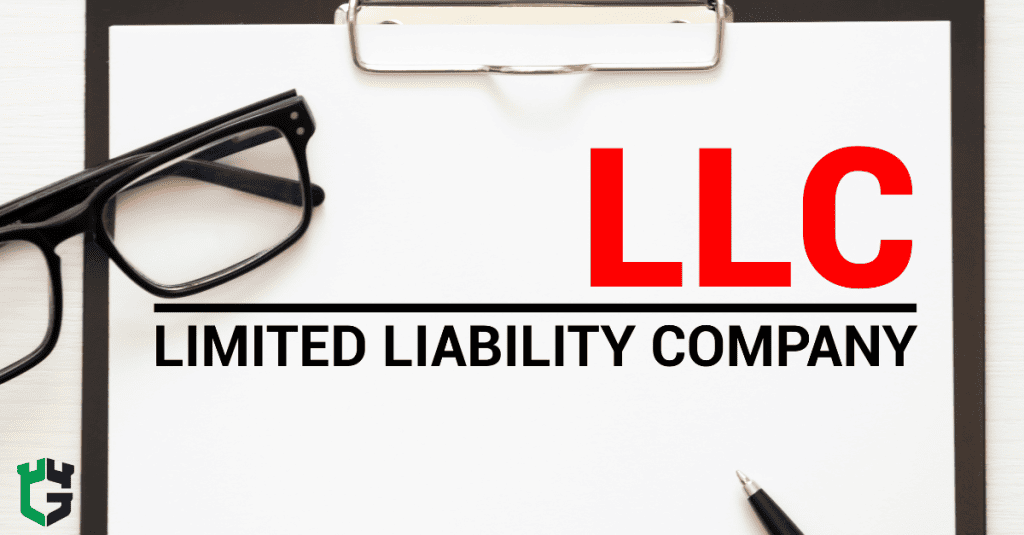
If your business is an LLC (Limited Liability Company), you face another significant limitation with homeowners insurance.
Your policy will not cover the LLC since it’s not named insured on the policy.
An LLC is a separate legal entity that provides a clear distinction between personal and business liabilities and assets.
When a business is registered as an LLC, it requires separate insurance policies to cover its operations and liabilities.
This separation is essential for protecting personal assets from business debts and legal issues.
Why Choose an LLC?
The primary reason for forming an LLC is to limit personal liability.
As a result, the LLC needs to have separate policies, just like an individual would.
This structure ensures that any risks, debts, or legal actions associated with the business impact the business assets, not personal ones.
Given this separation, an LLC must be adequately insured under its name to protect against potential business risks and liabilities.
How can I insure my home business?

Evaluate your specific business activities and the associated risks with an insurance advisor.
This evaluation will guide you in selecting the appropriate insurance coverage.
Start by considering general liability, property, and professional indemnity insurance, then assess the need for additional policies.
Tailoring your insurance package to your unique business needs guarantees you are adequately protected against various risks.
Consulting with an insurance expert can also provide valuable insights and help you make informed decisions about the best coverage for your home business.
Customizing Your Insurance Coverage
It’s crucial to customize your insurance coverage to match your specific needs.
The type of business you run dictates the kinds of risks you might face.
For example, if you handle sensitive client data—or any personally identifiable data—incorporating data protection through cyber liability insurance is essential to safeguard against data breaches and cyber threats.
If your business involves manufacturing or selling products, product liability insurance is vital to protect against claims of harm caused by your products.
Additional Coverage Considerations
When insuring your home business, think beyond the basics and consider additional coverages that can provide a safety net against unexpected events.
These considerations are critical as your business grows and evolves, potentially exposing you to new risks.
Cyber Insurance
As businesses increasingly rely on digital platforms, cyber insurance is crucial to protect against data breaches, phishing attacks, hacking incidents, and other cyber risks.
Workers Compensation
If you have employees, workers’ compensation insurance is essential for their protection and often a legal requirement.
This insurance covers medical expenses and lost wages if an employee is injured while working.
Umbrella Insurance
Umbrella insurance provides additional liability coverage beyond the limits of your existing policies, offering an extra layer of protection against large claims.
Business Auto Exposures
If you’re using your car for business purposes, it should be insured on a commercial auto policy—even if it’s titled in your name.
Personal auto policies typically exclude business use unless endorsed.
Is the vehicle titled to your LLC?
In that case, it’s essential to have your vehicle covered under a commercial auto policy.
Failing to do so could lead to the insurance company denying a claim due to improper vehicle insurance for its business use.
Gerety: Partners for Your Protection
Having the right insurance strategy is more than just a safety net.
It’s the foundation of a successful home enterprise.
At Gerety Insurance, we offer tailored solutions to help—whether you’re just starting or looking to fortify your existing home business.
We’ve been providing insurance solutions for over 25 years and are strongly committed to personal attention and relationship-building.
Don’t hesitate to take the next step in securing your home business dreams. Request a quote today and gain the peace of mind that comes with comprehensive coverage.
